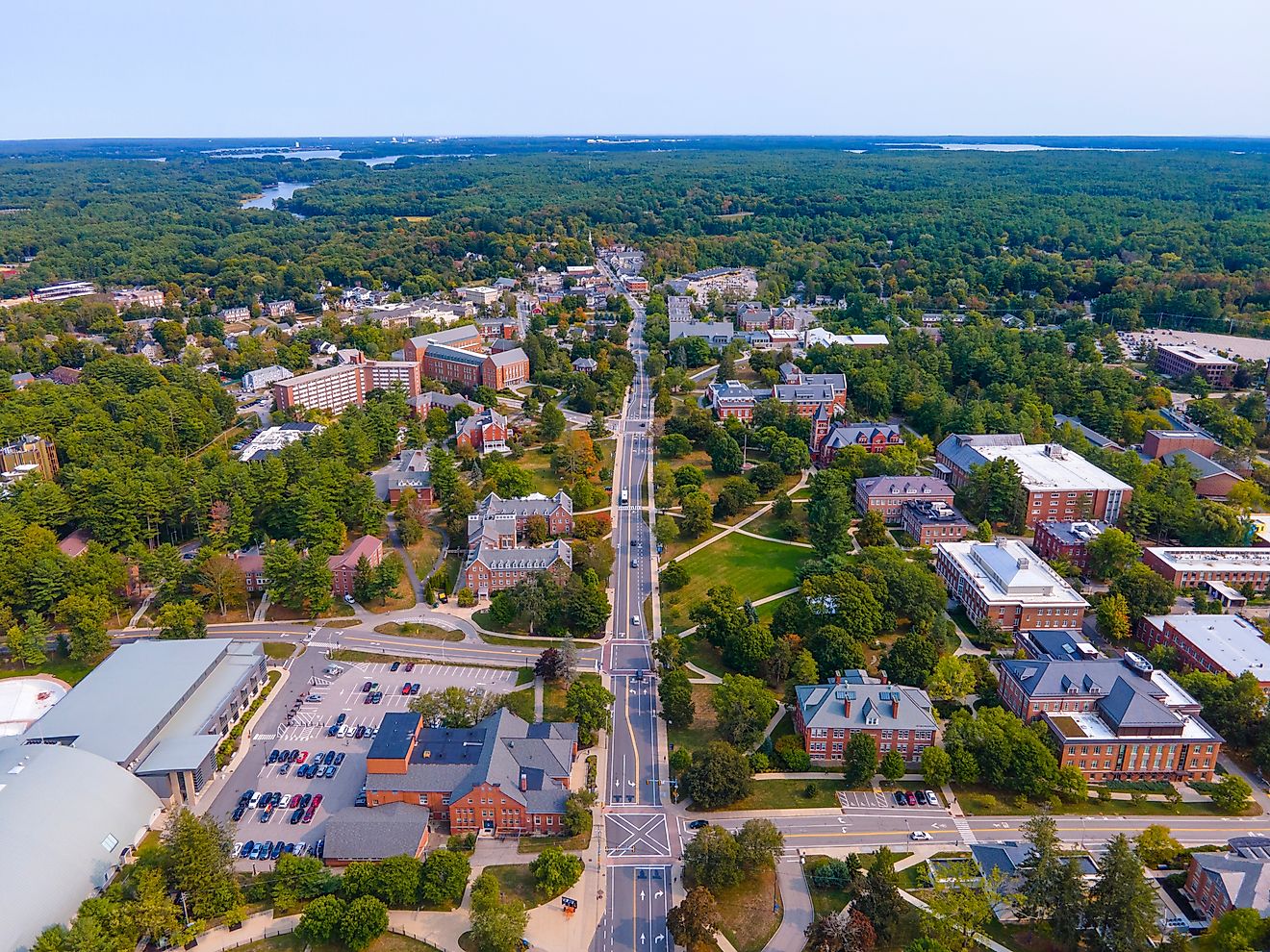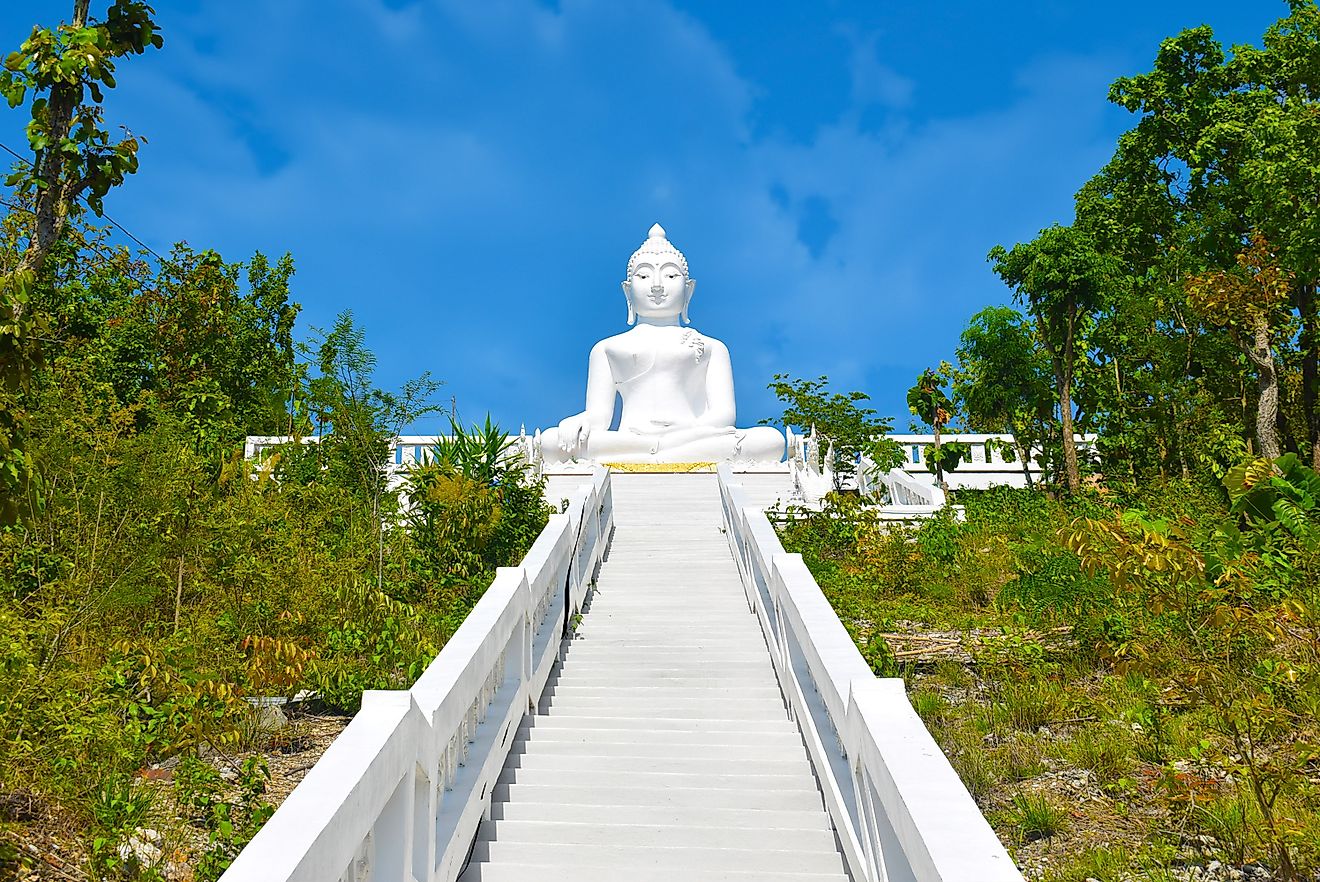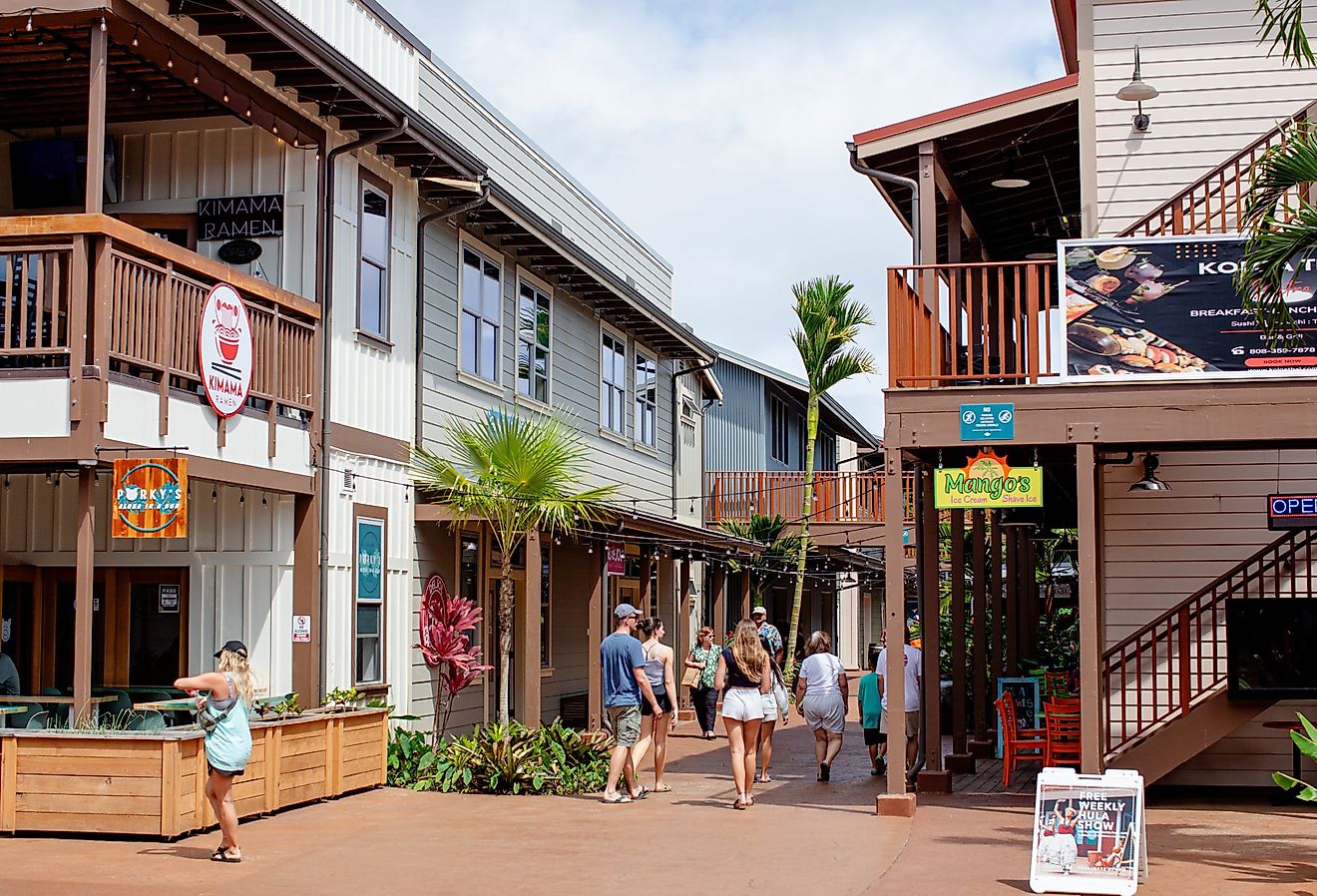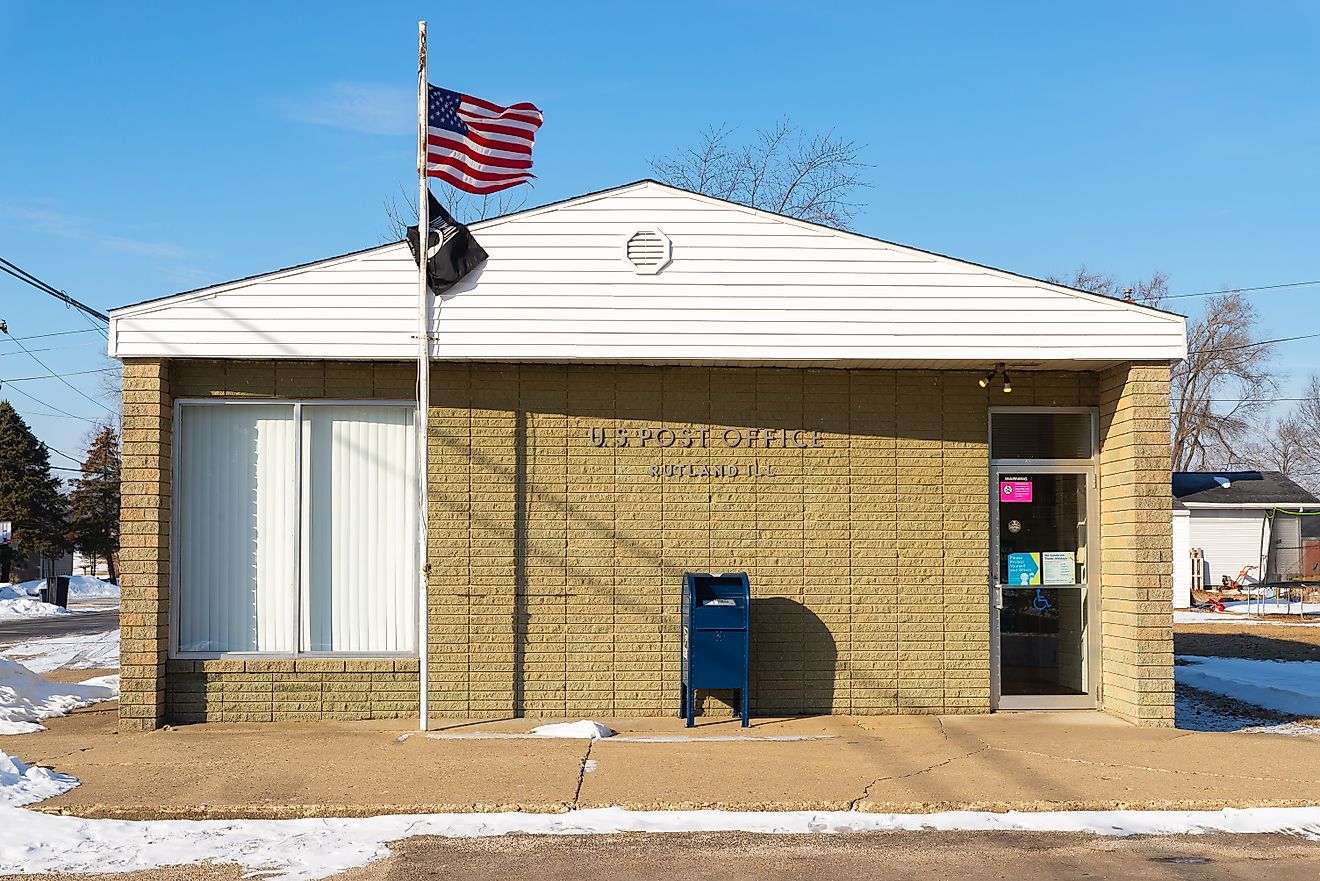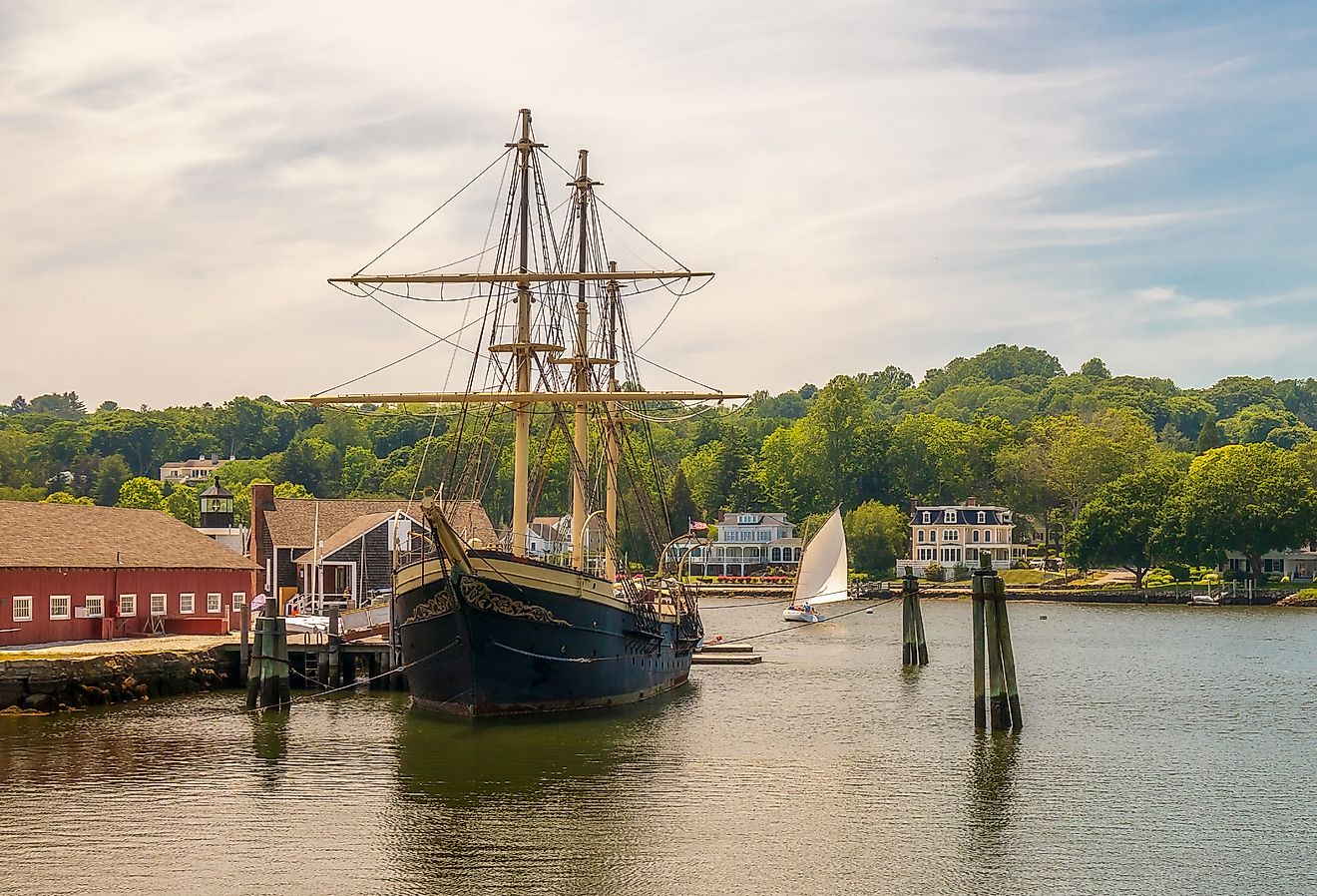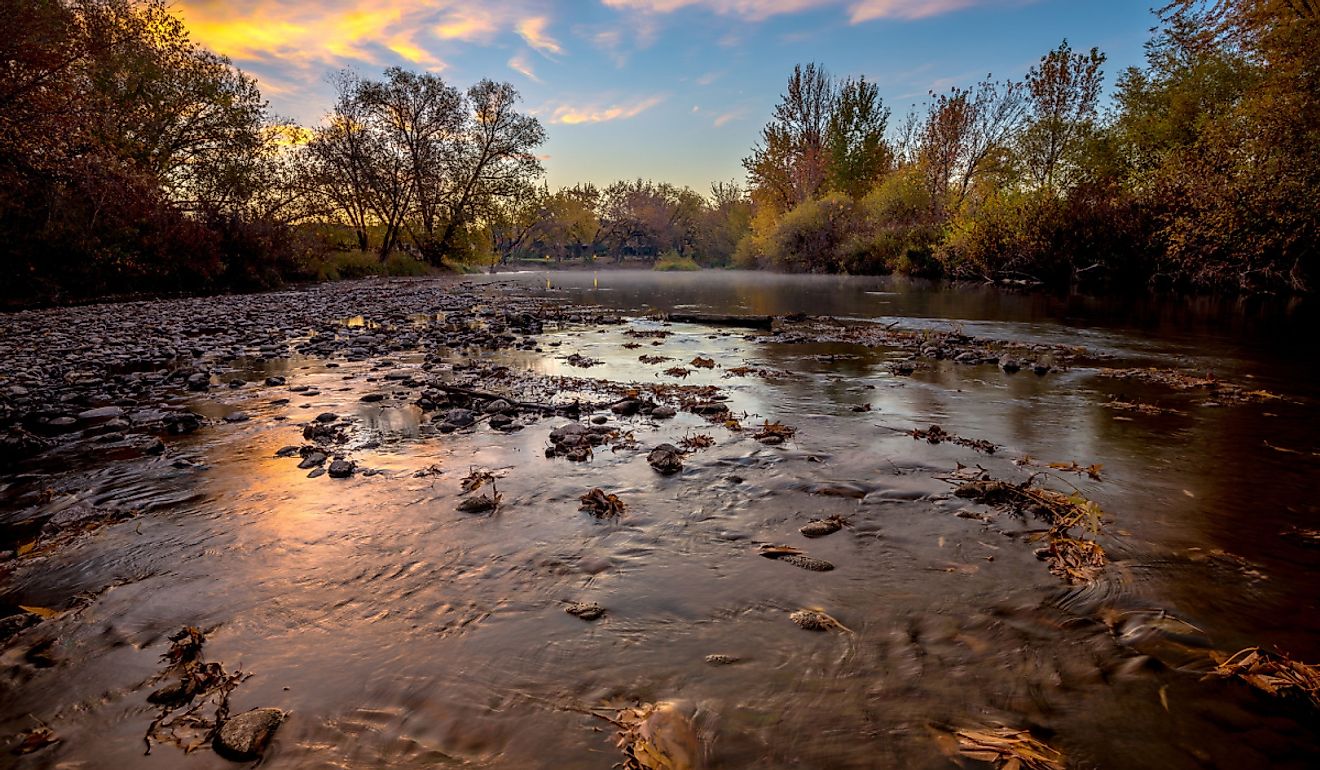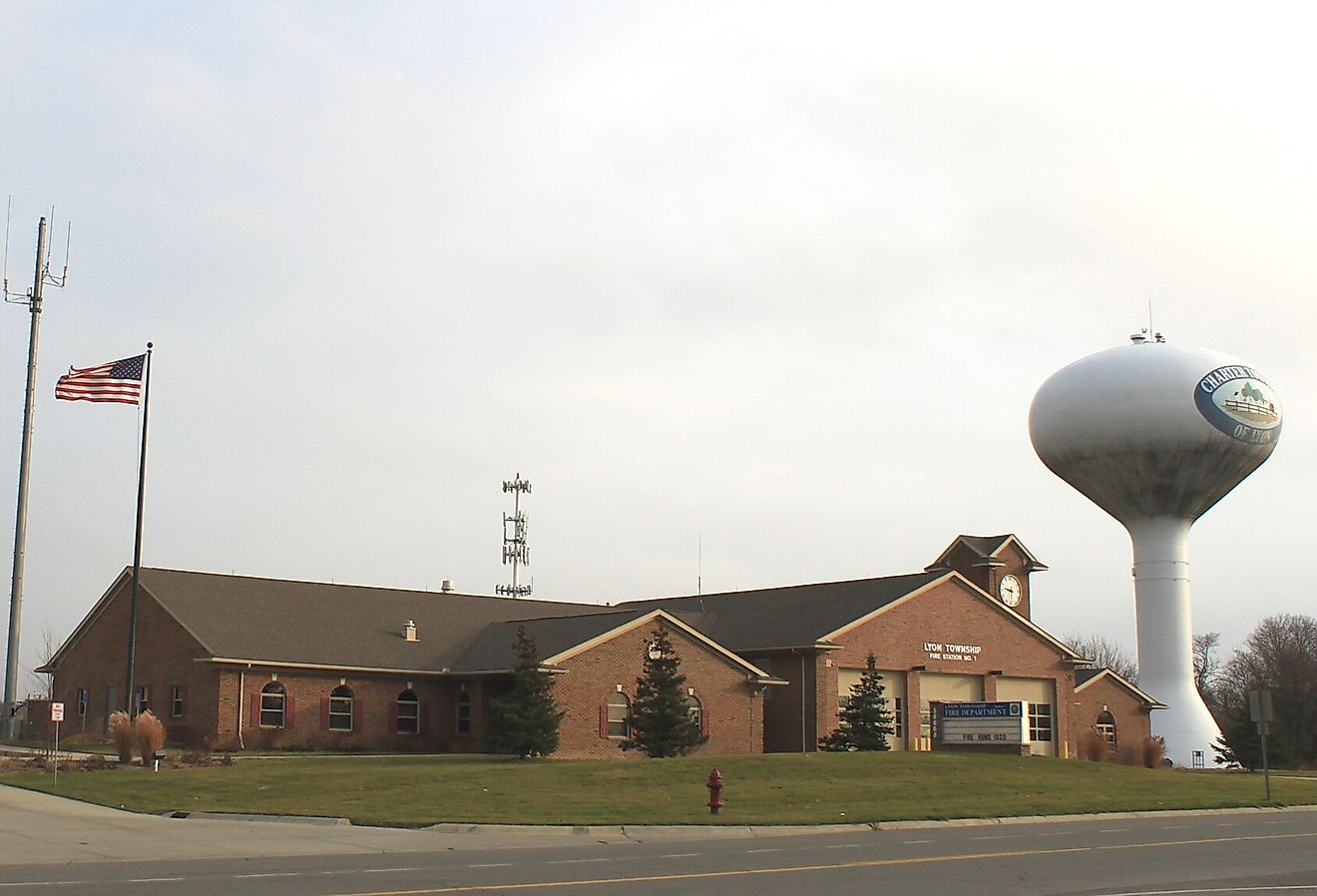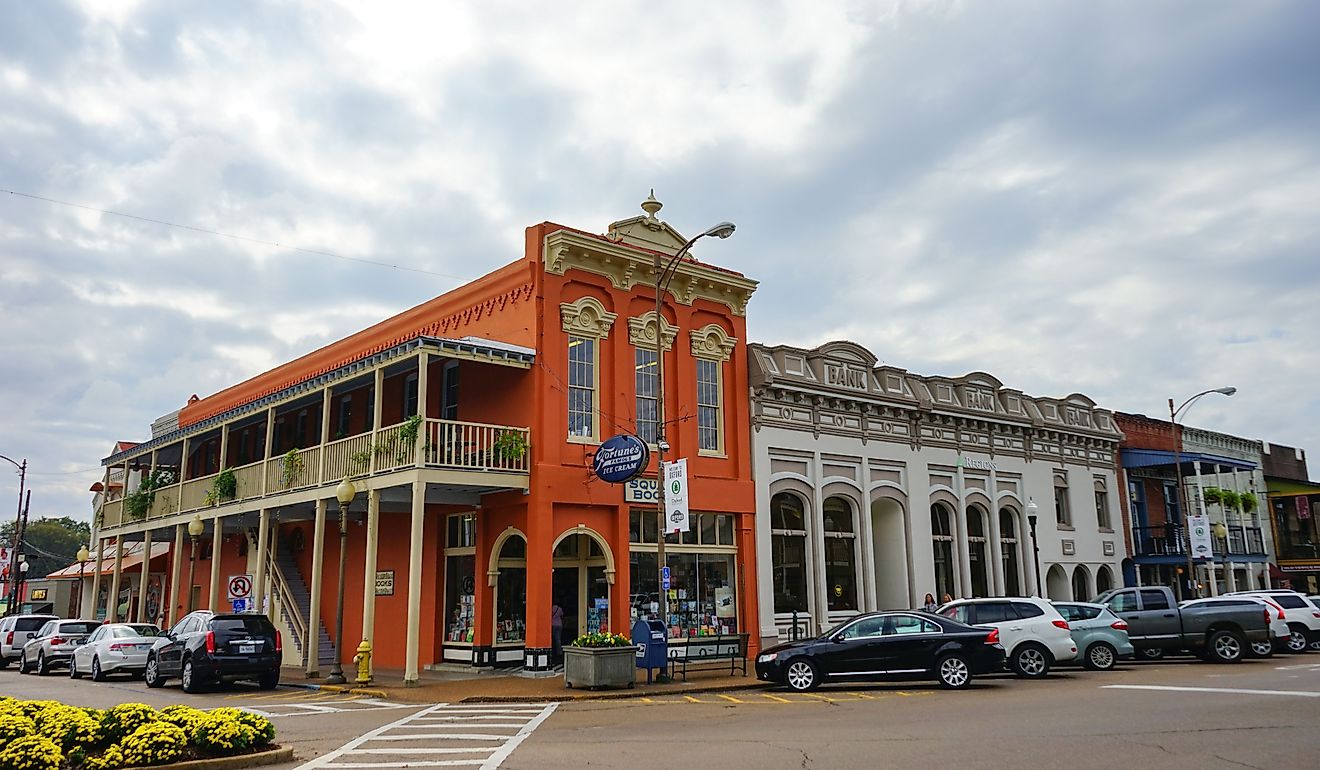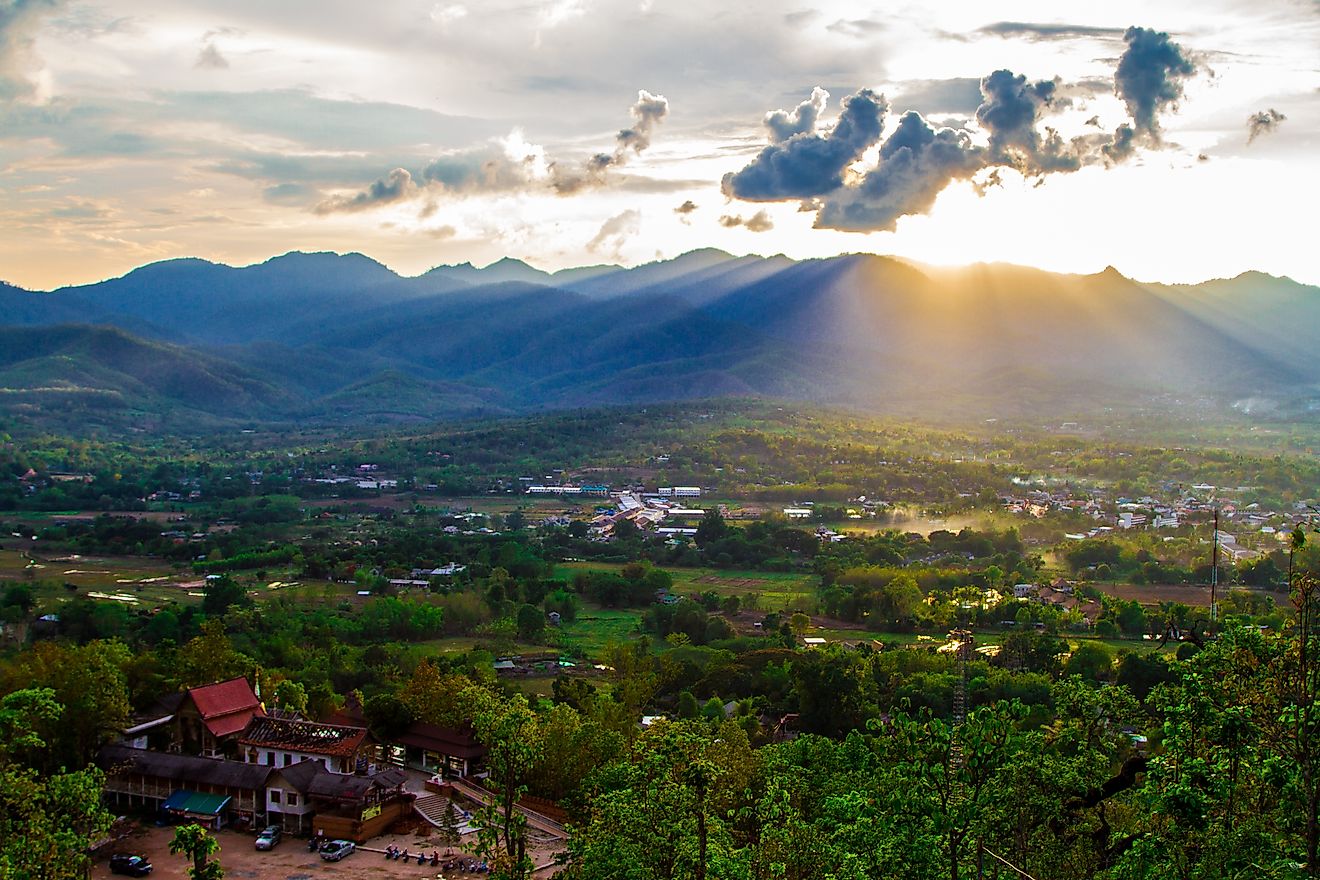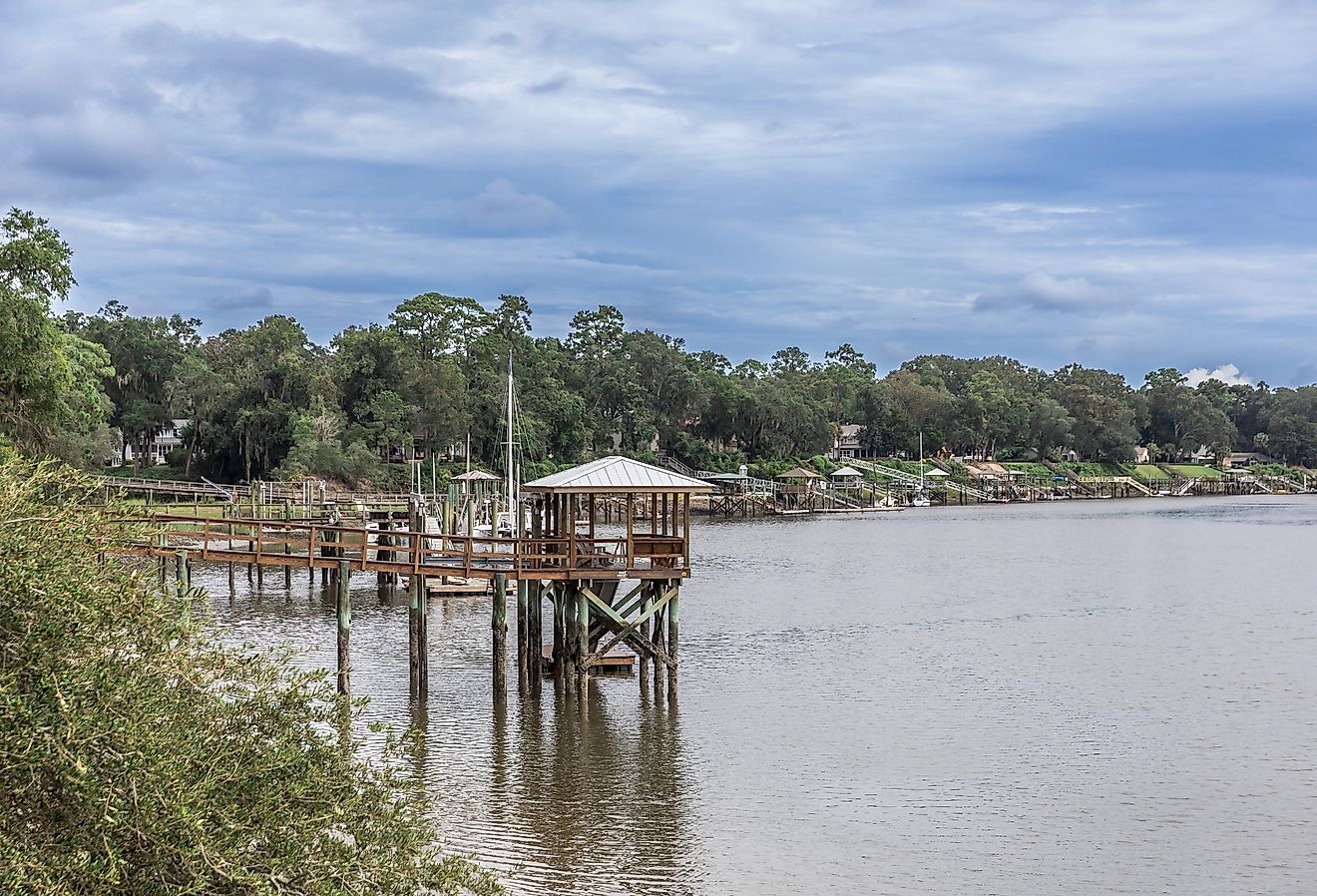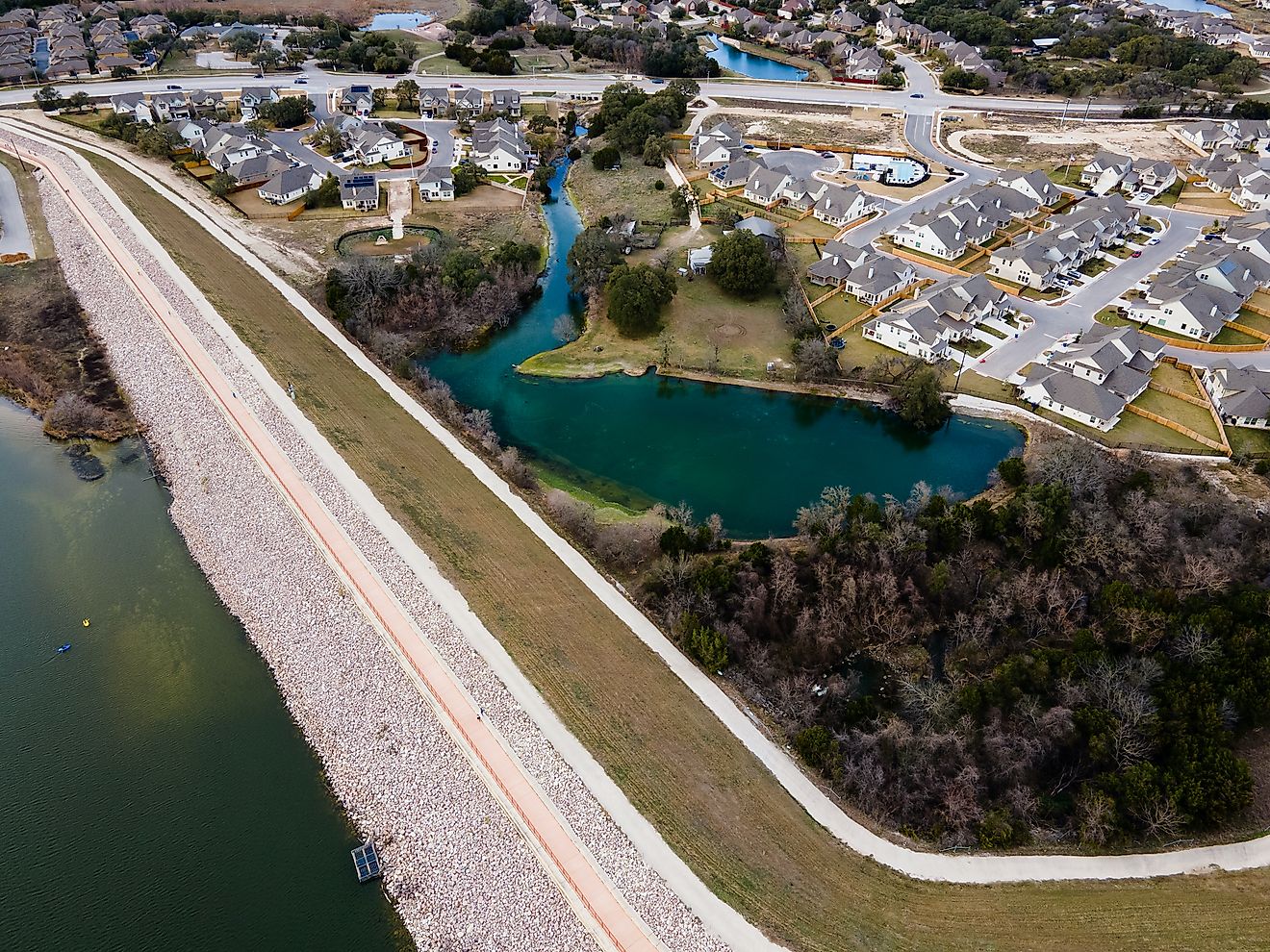Best Mayan Ruins to Visit in Guatemala
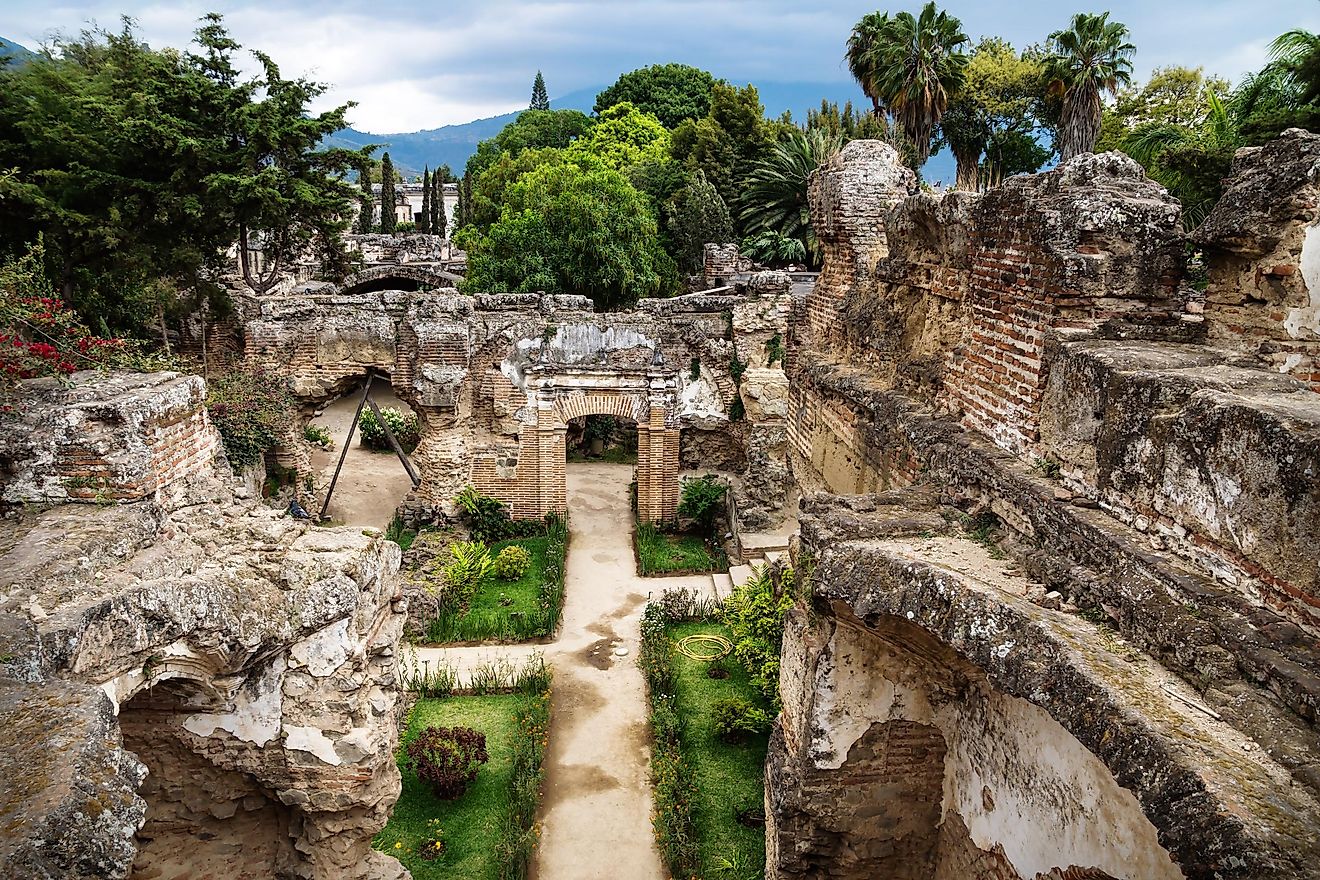
Who Were The Mayans?
Mayan refers to a group of people that is native to Mesoamerica. The term “Maya” is a collective name that encompasses a group of people that had some similarities in things like culture, language, among other things. However, this term has evolved and has been used to describe other groups that did not have similarities. In some cases, the word has been used to describe a group of tribes and cultures that have their own unique cultures and traditions. The region they inhabit, Mesoamerica, spreads from the northern parts of Mexico all the way to Central America and is considered to be one of the six cradles of civilization in the world. On the current world map, the Maya Civilization encompassed areas around southeastern Mexico, the entirety of Belize and Guatemala, and western regions of El Salvador and Honduras.
The collective group of the Maya people gave rise to one of the greatest ancient civilizations, the Maya Civilization. Arguably, the most notable thing about the Maya Civilization was their hieroglyph script. The script they used was the most advanced of their time. Other things that have marked the Maya Civilization as unique include art, mathematics, astronomical systems, and calendar systems.
In their development of cities, the Mayans exhibited some haphazardness. The layout did not seem to have any particular format. Almost always, the residential houses and districts would form irregular designs besides the city centers. However, while not heavily talented in the arrangement of cities, their architecture was unrivaled. Evidence of architectural prowess can be seen in structures such as palaces, temples, structures for observing astronomy, and courts for holding balls.
How Many Mayan Ruins Are In Guatemala?
To date, there have been numerous ruins belonging to the ancient Maya Civilization that have been discovered by archaeologists. In fact, the list is so long that no one has truly documented all of them for archaeological purposes. However, one of the studies conducted document more than 4,400 ruins. For this reason, most listings of the ruins are of popular and important ruins only.
The reason that some are more important and popular is because of the size and the influence they held regarding politics during their time. The importance is sometimes influenced by the quality and impressiveness of a ruin. Ruins that are considered more important than others include the likes of Tikal, Tulum, Uxmal, Yaxha, Yaxchilan, Naranjo, and others.
The Most Popular Mayan Ruins In Guatemala
Tikal

This site is the most popular of them all resulting in the highest number of visitors. After its establishment during the Late Pre-classic times, the city was important or influential until the Late Classic period. This period was when most of its temples were erected which led to its establishment as a powerful city of the empire. Tikal had a long-lasting enmity with Calakmul which did not begin until the turn of the sixth century.
Situated in a rainforest the Petén area, Tikal is now a UNESCO World Heritage Site. More than 3,000 ruins can be found in the Tikal National Park. Some of the notable sites in the park include the Temple of the Jaguar, the Temple of the Masks, and the Great Plaza.
Recently, in February 2018, archaeologists armed with modern laser technology discovered that there were more than 60,000 ruins that had been previously undiscovered. The present Tikal is just a piece of an even larger city that was hidden beneath the forest canopy. Among the ruins include houses, defensive fortifications, elevated highways, and even palaces.
Yaxha

Yaxha (which means water that is bluish-green) is the third largest Mayan ruin in Guatemala. More than 500 ruins lie in Yaxha which is sandwiched between Belize and Tikal. Yaxha was erected on a ridge that overlooks a lake that is also known as Yaxha. Included among the ruins are nine temple-pyramids, ball courts, and other attractions. The TV show known as Survivor Guatemala was filmed in Yaxha.
Iximche

This charred ruin was once Kaqchikel Maya’s capital city. The ruins include ancient murals, pyramids, temples, and other marvels. This ruin is also important because it has sites for Mayan rituals and ceremonies, even to this day.
El Mirador
This ruin is also known as the “lost city of the Maya” because of the overgrown jungle in the Mirador-Río Azul National Park. Archaeologists believe that El Mirador was the biggest city at some point in the Mayan history. Currently, it is the second largest ruin and has the highest concentration of Mayan ruins worldwide.
Quirigua

Quirigia is along the Motagua River which is in the southeastern portion of Guatemala. The outstanding feature in Quirigua is the Great Plaza. The plaza is the biggest Mayan public space that is known. Because of the plaza, the impressiveness of Quirigua cannot be ignored despite its relatively small size.
Uaxaxtun
Uaxactun, also called Waxaktun, is roughly 12 miles from Tikal. One of the standout features in Uaxactun is the most ancient Mayan astronomical observatory. Further, most Mayan ceremonies were held in Uaxactun.
Nakum

Archaeologists are still excavating most of Nakum to this day. Some of the discoveries that have been unearthed include a palace that has forty-four rooms, central plaza, among other things.
Other Sites
As earlier stated, the above sites are just a small fraction of all the sites, but they provide a decent idea of the ruins and what significance they held during their time. Other popular ruins include:
-Mixco Viejo is located in Chimaltenango, north of Guatemala City. The ruins are what is left of the capital of the former Poqoman kingdom.
-Aguateca is also another site placed within the confines of the Classic Period. These ruins are among the best preserved.
-Zaculeu is another impressive site that is slightly obscured from its natural impressiveness byrestoration work. Mostly, it was a fortress and a religious city.
-Topoxte, once the capital of the Kowoj Mayans, is another stand out site that sits on one of the islands of Lake Yaxha.
-El Ceibal is known for its art and hieroglyphs.
